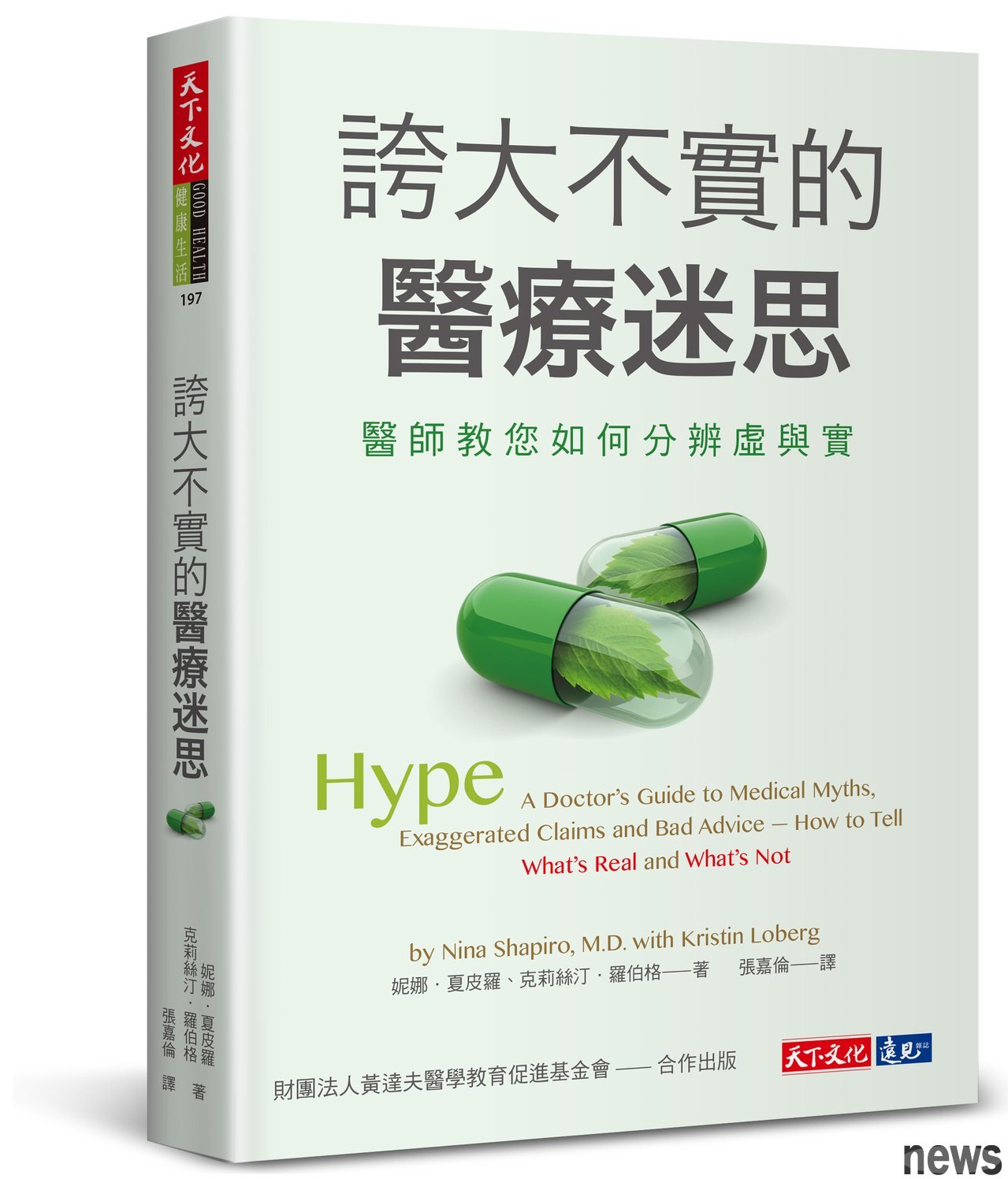▌The more vitamins, the better? According to Johns Hopkins University, this money is best spent on the real source of vitamins, such as fruits, vegetables, healthy carbohydrates and dairy products. In 2013, the international journal "Year of In...
 ▌The more vitamins, the better?
▌The more vitamins, the better? According to Johns Hopkins University, this money is best spent on the real source of vitamins, such as fruits, vegetables, healthy carbohydrates and dairy products. In 2013, the international journal "Year of Internship Medicine" published a social paper titled "Stop for As long as possible: Don't waste money to buy vitamins and mineral supplements". In this article, researchers at Johns Hopkins University reviewed the amazing data of three specific studies. First, researchers analyzed a study involving 450,000 people and found that comprehensive vitamins do not help reduce the risk of cancer or heart disease. Another study traced the situation and mental function of 5947 men who used comprehensive vitamins over twelve years, and found that comprehensive vitamins did not reduce the risk of mental weakness such as slow thinking or memory decline. The third study focused on 1,708 survivors of heart disease who were randomly divided into two groups, for a five-year period, with one taking a high dose of comprehensive vitamins and minerals and the other taking a soothing agent. (Who are patients, doctors and researchers in charge of care are not required to take pacifiers or a combination of vitamins and minerals?) Later it was discovered that the incidence of heart disease, heart surgery and death in the two groups were similar.
In addition, two famous studies completed in 1995 have followed hundreds of thousands of people over more than ten years. The results show that: supplementing β- Hussil and vitamin E are particularly harmful to humans and can greatly increase the risk of cancer. The study led to the American "Framingham Heart Study" which was later a landmark. The study originally thought that supplementing β-Hussanthemum can help prevent cancer. Later, researchers found that taking too much β-Hussanthemum has a significant increase in the number of deaths related to cancer, so it must end early.
All the above studies have been heard in media reports, but they do not seem to change the public's habit of taking nutritional supplements, and I can't even move. I take comprehensive vitamins and vitamin C every day. If you have a cold, you will still swallow two vitamin C; when you are in a good mood, I will also supplement vitamin D and calcium tablets. My husband is both a doctor and a researcher, and he also takes nutritional supplements; and my child will take children's comprehensive vitamin soft sugar every morning until the dental doctor asks us to stop.
The main reason why I take vitamins is the effect of soothing agents. As explained further in Chapter 9, "Adjustmental Alternative Method", if a person believes that something helps, it will definitely produce benefits. Taking vitamins makes me feel "healthier"; if my kids eat strong fried food one day without green beans, I feel that they may have to supplement the necessary nutrients from the vitamins.
However, I never take any extra dose of nutritional supplements (double dose, triple dose, or even up to one thousand milligrams of vitamin C, which is useless, but without taking it often, there is no safety concern), and I never rely on vitamin supplements to provide real nutrition and health. The enhanced vitamin powder added to the drink is actually a waste of time and money, but is there any danger? Maybe not. Are there any evidence that they help improve health? No!
I work with a group of higher education and health-conscious caregivers and doctors in the scientific and medical circles. They exercise regularly and often after training, supplement high-quality protein shakes and vitamin-enhanced juices. Do these drinks help muscle growth? will not. Will these strengthening drinks harm their health? Neither will. Their muscles are enlarged because they do heavy training, swimming or running. But, I ate this set again. As a busy surgeon, my lunch was often the protein bar.
I often conduct completely unscientific, but interesting public opinion tests on medical personnel (including surgeons, nurses, inpatient doctors and physician assistants) to investigate everyone's vitamin production situation. My question is simple: "Are you supplementing vitamins?" As a result, I got various interesting and completely different answers:
"I don't have it, but I should.""No, should I do this?"
"No, but my mother is a pharmacist and often orders tablets from the Amazon member website and sends them to me."
"I finished eating, so I stopped taking comprehensive vitamins."
"I will supplement frequently Vitamins E, C, D, B12, comprehensive vitamins, glucosamine, calcines and fish oil. ”
"Not very much, why ask me? Well, no, I don't."
"Eat every day."
"No, but my children have it."
Regarding the use of vitamins and other nutrient supplements, the dispute is endless, and the topic usually extends to strengthened foods and drinks containing vitamins and minerals. Is there any scientific basis for adding high-dose vitamin C and other immune-enhancing nutrients to smoothies? What supplements can be taken before boarding the aircraft to avoid catching a cold in the air that is dirty and repeatedly circulated on the aircraft? Is saw palmetto really good for prostate health?
When answering these questions, it involves the psychology of taking vitamins and nutritional supplements. I am the perfect example: I know all scientific studies say these nutritional supplements are unhealthy, but I still take them. What is the reason?
Why do ordinary people trust vitamin companies more than drugs approved by the Food and Drug Administration?
Whether it is a traditional vitamin or a herbal supplement of smooth-based methods, the nutritional content is very small, so it is difficult to determine the actual content of the content. In 2012, the U.S. Department of Hygiene and Public Services (HHS) suggested that the Food and Drug Administration add more regulations on nutritional supplement content. Despite this, the Food and Drug Administration has not taken any control measures. A 2015 survey of several large retail stores such as Walgreens and Target found that the contents of herbal supplements such as silver and apricots and ginger are not contained in these ingredients. Around the same period, ConsumerLabs.com Internet company analyzed the actual vitamin content of several major vitamins and found that the actual content of each vitamin is far from what is indicated.
Therefore, in addition to worrying whether we should supplement vitamins, minerals or herbal supplements through smooth treatment, we must also doubt whether the nutritional supplements we eat are as nutritious as we think?
※ This article is excerpted from "The Myth of Awesome Medical: Doctors teach you how to distinguish between virtual and reality.""The Myth of Abnormal Medical: Doctors teach you how to distinguish between virtual and practical"
Author: Nina Shapiro, Kristin Roberg
Translator: Zhang Jialun
Publisher: World Culture
Publication Date: 2022/03/31
